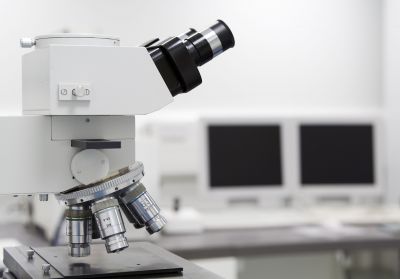Marine Bacterial Enzyme Destroys Plaque, Preventing Tooth Decay

Newcastle University scientists are researching the potential of seaweed bacterial enzymes destroying plaque to combat tooth decay. By isolating an enzyme from the marine bacterium: Bacillus licheniformis, scientists have discovered it can cut through plaque and clean difficult-to-access dental areas.
Historically, the bacterial enzyme is used to clean the hulls of ships and is now considered a viable application for dental care and so can be used for teeth cleaning. The findings may contribute an alternative of teeth scaling to remove plaque and tartar build-up between teeth and below the gum line. Brushing teeth with toothpaste and flossing does not always prevent plaque from building between teeth.
Scientists found that in studying bacterial colonisation, the biofilm created by bacteria for adhesion makes it resistant to oral care, such as brushing teeth with toothpaste. However, when bacterium is released from the bacterial colony (such as marine bacterium Bacillus licheniformis) it emits an enzyme that breaks down the bacteria’s external DNA and biofilm. Similarly, the enzyme appears to remove bacteria in plaque, break down plaque, and prevent plaque build-up. Researchers foresee use of this enzyme to combat tooth decay. Dental products containing the enzyme may include toothpaste, mouthwash, and denture cleaning solution.
By using the seaweed bacterial enzyme to remove plaque, risk of tooth decay and cavities may be substantially reduced. Dr Nicholas Jakubovics of Newcastle University’s School of Dental Sciences stated “Plaque on your teeth is made up of bacteria which join together to colonise an area in a bid to push out any potential competitors” and “Traditional toothpastes work by scrubbing off the plaque containing the bacteria – but that’s not always effective – which is why people who religiously clean their teeth can still develop cavities.”
Join this Discussion










